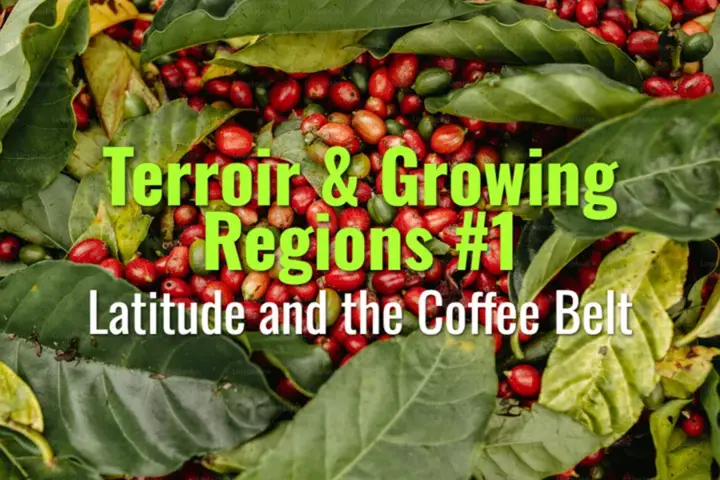
Latitude and the Coffee Belt
This topic introduces the concept of the Coffee Belt—the latitudinal zone where coffee grows best—explaining its geographic range, climatic conditions, and why it is central to global coffee production.

This topic introduces the concept of the Coffee Belt—the latitudinal zone where coffee grows best—explaining its geographic range, climatic conditions, and why it is central to global coffee production.
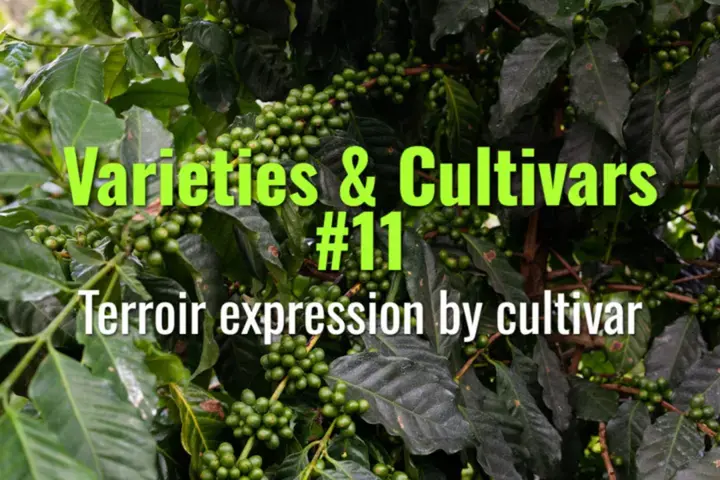
This topic explains how different coffee cultivars express terroir—the interaction of genetics with environment—shaping cup profiles, identity, and consumer appreciation of origin.
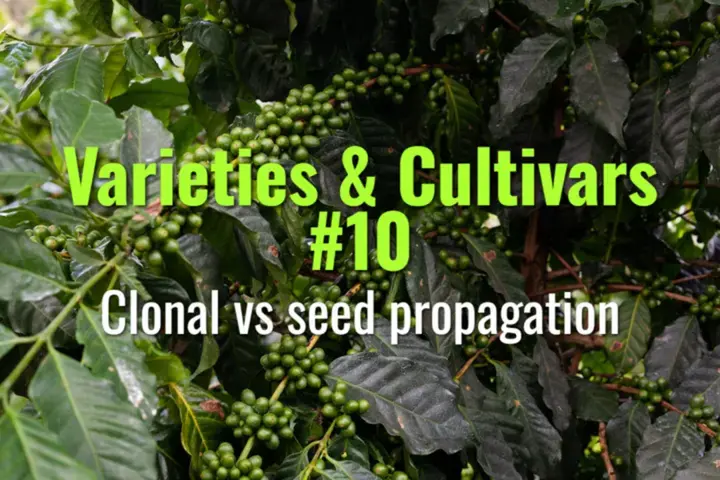
This topic explains the two main methods of propagating coffee—clonal propagation and seed propagation—highlighting their differences, advantages, disadvantages, and implications for coffee farming.
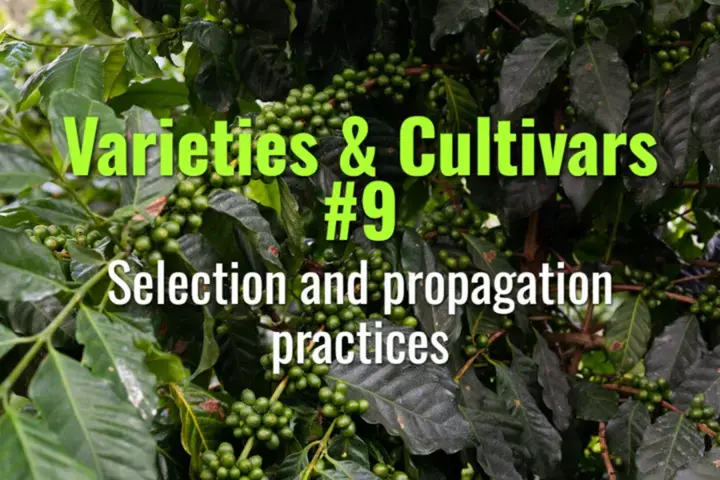
This topic explains how coffee varieties are selected and propagated, the methods used to maintain genetic integrity, and the role of nurseries and farmers in ensuring healthy plantations.
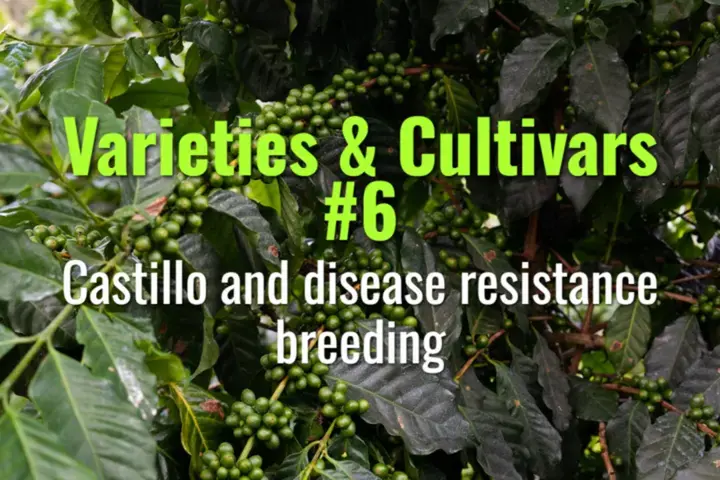
This topic explains the development of the Castillo variety in Colombia, its role in combating coffee leaf rust, and the broader importance of disease resistance breeding in coffee sustainability.
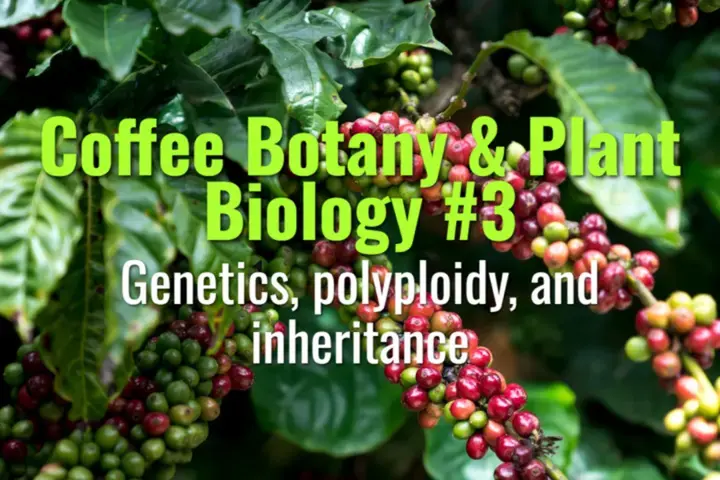
This topic explores the genetic makeup of coffee species, how polyploidy shaped Arabica’s evolution, and why inheritance patterns are key to breeding programs and future resilience.